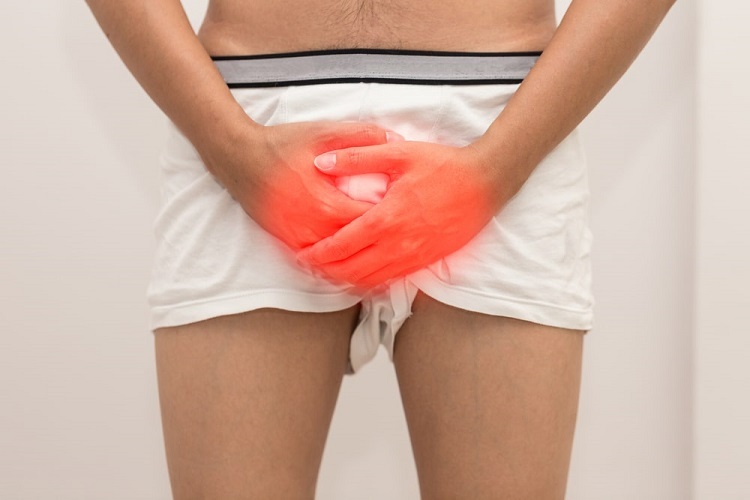Vasectomy is the last resort in family planning when you have no future intentions of siring children. Though a reversal is possible, there is no guarantee that you will sire kids after undergoing the procedure. According to Jaspreet Singh, a board-certified urologist at Kingston Premier Medical Group, the procedure is the most effective form of preventing unwanted pregnancies. Though the treatment entails cutting or blocking your vas deferens, you will still produce semen. Therefore, your healthcare provider will advise you to abstain from sexual activities or use protection to minimize pregnancy risks. The best part is that you may not have to worry about pregnancies after your semen is sperm-free.
Table of Contents
How Does Vasectomy Affect Your Sexual Function?
Besides changing your fertility, vasectomy does not affect your reproduction and sexual physiology. Additionally, the treatment might not affect the nerves responsible for erectile function and other sexual activities. The best part of the treatment on your sexuality is that it significantly minimizes your risks of unwanted pregnancies. However, the blockage in your reproductive tract that results from the procedure might cause pressure build-up in your epididymis, leading to distention or rupture in the tubes.
What Should You Expect After the Procedure?
Though vasectomy might not interfere with your sexual life, your surgeon may advise you to use another contraception form for a minimum of three months after the process since sperm might flow downstream. After approximately twelve weeks, the medical professional will recommend a follow-up semen test to check for the availability of sperm. A negative test result affirms that the procedure was successful. However, your doctor might still suggest using a condom or a different birth control form until he confirms your ejaculation has no sperm traces.
How Can You Minimize Your Side Effects After Vasectomy?
Swelling, pain, and bruising are common with vasectomy. Fortunately, the side effects are likely to resolve after a few days. Additionally, your healthcare provider will suggest a few recovery instructions to help you heal faster. For instance, the medical professional might advise you to:
· Secure your scrotum with a bandage and suggest tight-fitting underwear to support the organ at least 2 days after the process. You might also apply ice on your scrotum to minimize swelling.
· Contact your healthcare provider when you notice signs of infection, including swelling or oozing blood from the treatment site.
· Minimize your physical activities. While your doctor will recommend rest within the first 24 hours, the medical professional might also suggest light activities without overdoing them to minimize pain and bleeding in your scrotum.
· Abstain from sexual activities for around two weeks since an ejaculation might be painful. Additionally, immediate sexual activity after the treatment might result in blood-filled semen.
Before the treatment, the medical professional will inform you of your anatomy and what to expect. The explanation process will help you understand the organ that produces the sperm, where your reproductive system stores the seeds, and how the ejaculate travels through your vas deferens.
Though vasectomy is effective, the procedure will not immediately protect you against unplanned pregnancies. Therefore, your doctor might advise you to incorporate other contraception forms until your ejaculation is sperm-free. Contact your doctor to discuss your vasectomy options, to know if it is right for you.














Comments